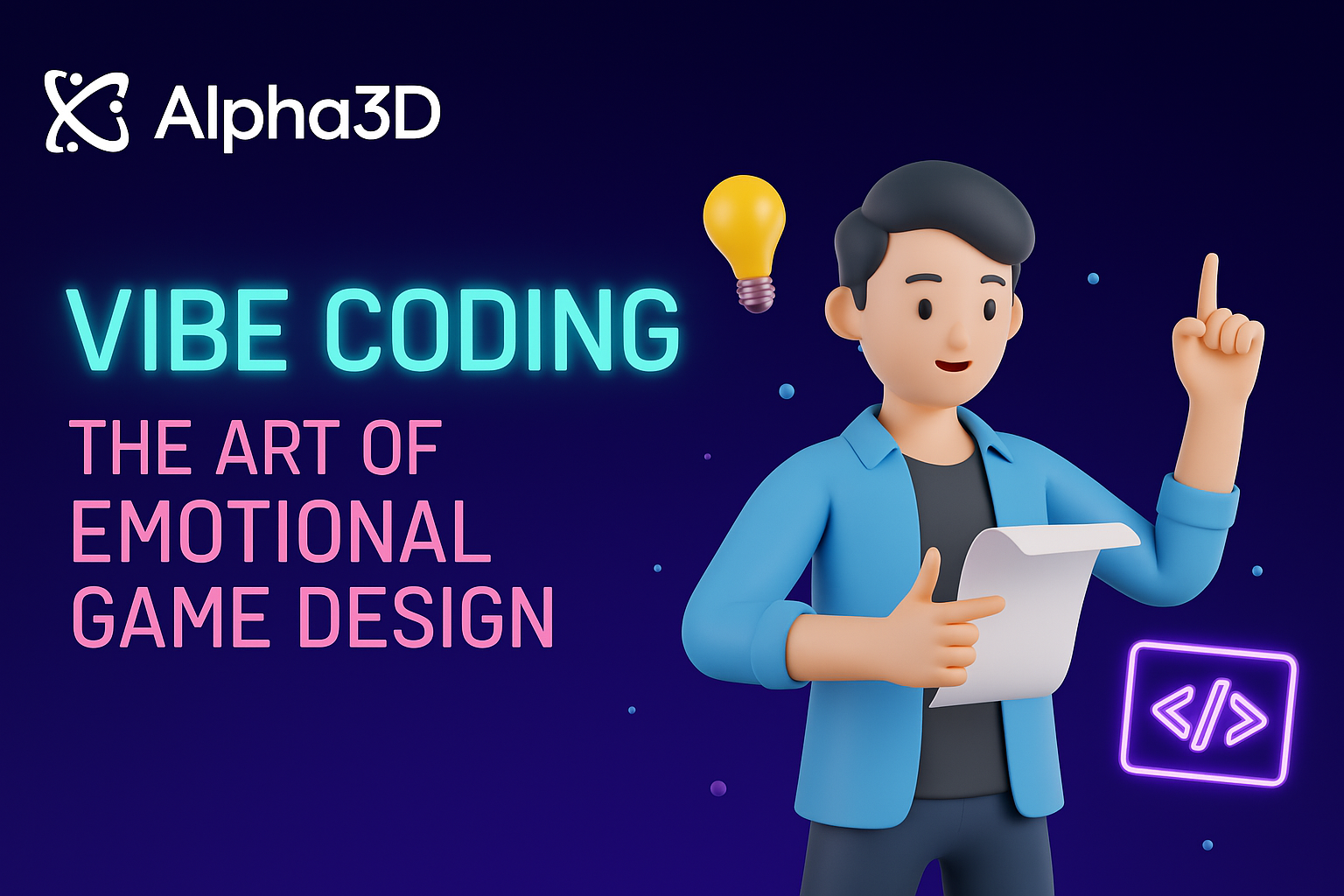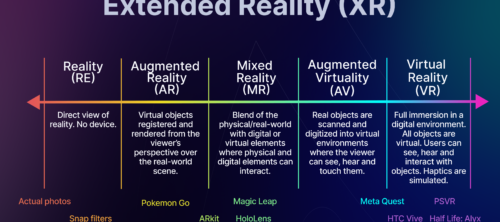
The end of passive play: Why games will become simulations of self?
“The games of the future won’t be written by authors. They’ll be written by you, in real time.” – Madis Alesmaa, CEO of Alpha3D
Let’s talk about vibe coding for a moment. Traditionally, game logic is cold. Rules, triggers, if-this-then-that. But the next wave of interaction won’t be purely mechanical. It will be emotional. Players will shape not just what happens in a game – but how it feels.
Vibe coding is the art of emotional architecture. It’s not just about scripting enemy attacks. It’s about designing tension, softness, unease, awe. Generative systems, trained on affective patterns and psychological cues, can now adapt tone as much as structure. You don’t just tell the story – you feel it shifting beneath your feet. Games used to be stories we stepped into. Someone else wrote the narrative, built the rules, and handed us a controller. Our job was to play along.
That era is ending.
The next wave of games won’t just be interactive. They’ll be reflective. Worlds will no longer just respond to your button presses – they’ll evolve with your emotions, intentions, and identity.
What comes after storytelling?
In traditional game design, the creator is the god. Every element – level design, character arc, enemy behavior – is pre-authored. But when AI enters the scene, something profound shifts. The story starts writing itself – with you as the ink.
Imagine an RPG where your decisions aren’t constrained by scripted branches, but evolve through procedural reasoning. Where an NPC remembers not just what you said, but how you treated them. Where a world changes because it learns who you are. We’re moving beyond “choose your path” mechanics into something deeper: dynamic self-expression inside simulated environments.
Behavior is the new dialogue
We already live in an algorithmic mirror – feeds and platforms that reflect what we watch and like. But games will soon go further. They’ll reflect who we are when we play.
This opens an entirely new design language:
- Narrative arcs that form around moral ambiguity
- Game logic that adapts to your curiosity, not just your progress
- Environments that learn your rhythm and build tension around it
From passive play to participatory presence
AI enables this shift not because it’s smarter than us – but because it can observe us. Generative systems, like Moonlander’s PRS, can watch a player’s behavior and alter the world in real time. This isn’t just for narrative-heavy games. It’s for action games that adapt difficulty based on emotional spikes. Strategy games that evolve their economy depending on your patterns. Horror games that sense hesitation and dial up suspense.
In other words: the game doesn’t just respond. It becomes a co-author.
The future isn’t harder. It’s deeper.
You don’t need more complicated mechanics to make a great game. You need systems that feel personal. And to feel personal, they must be built on feedback loops that include the player’s psychology.
We’re not far off.






